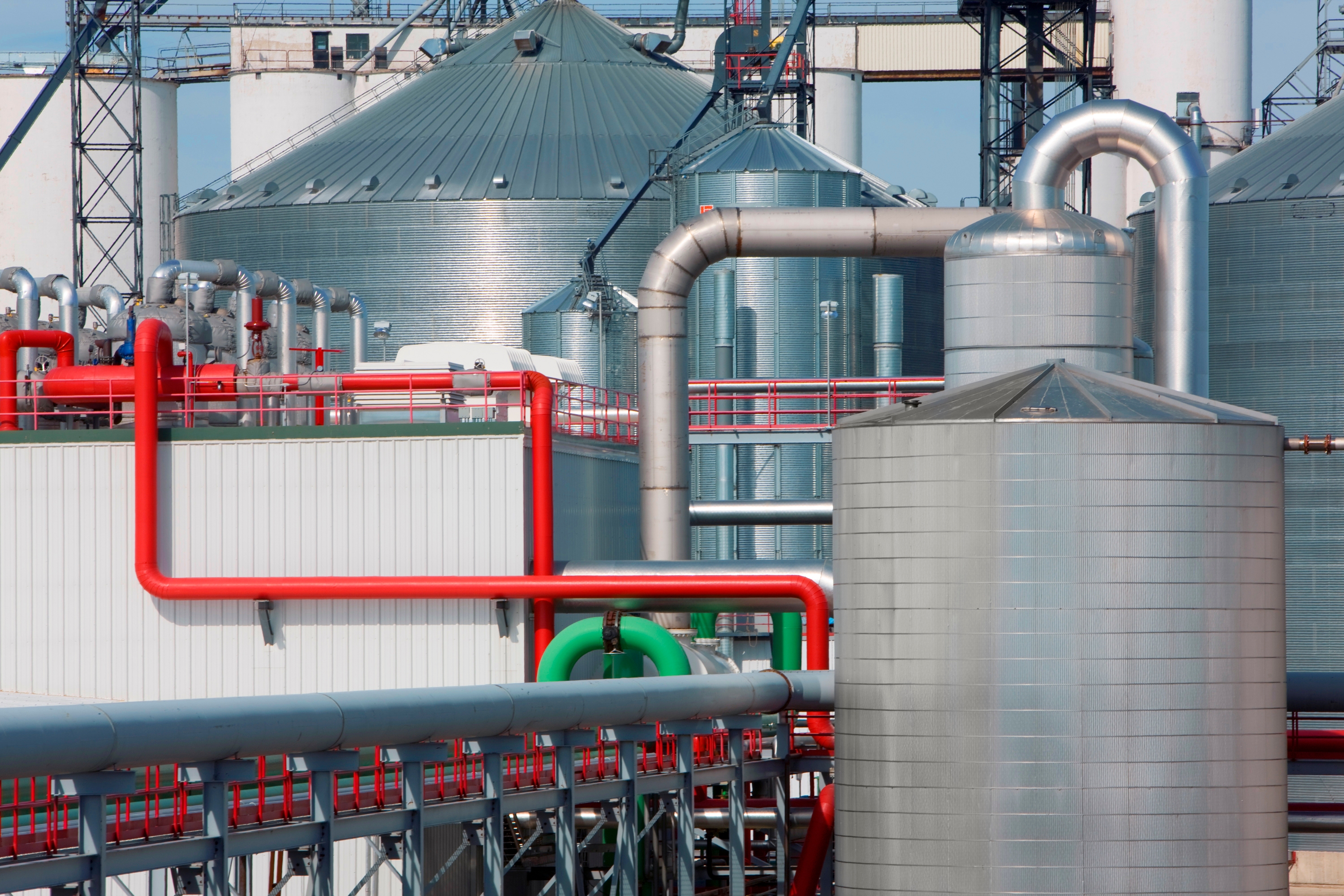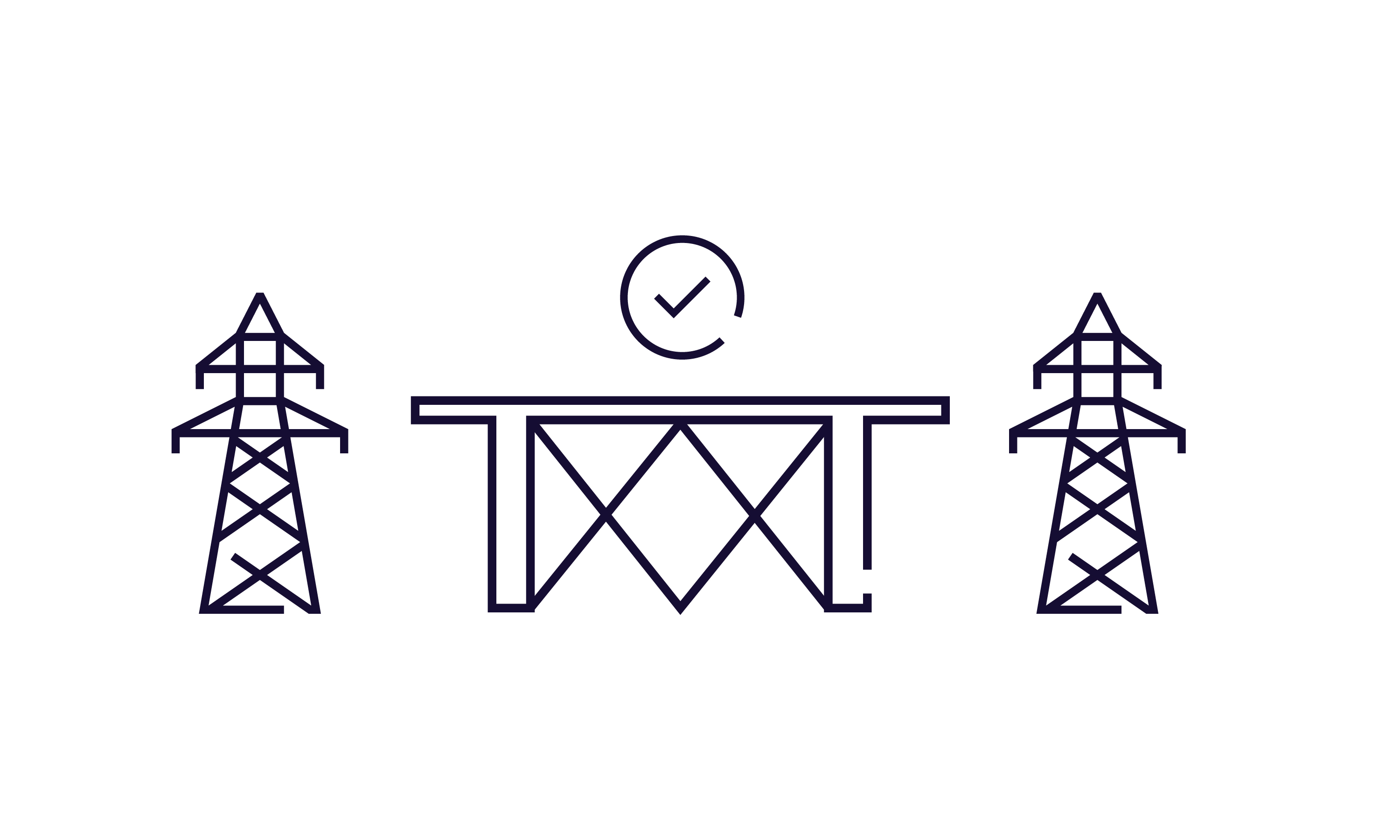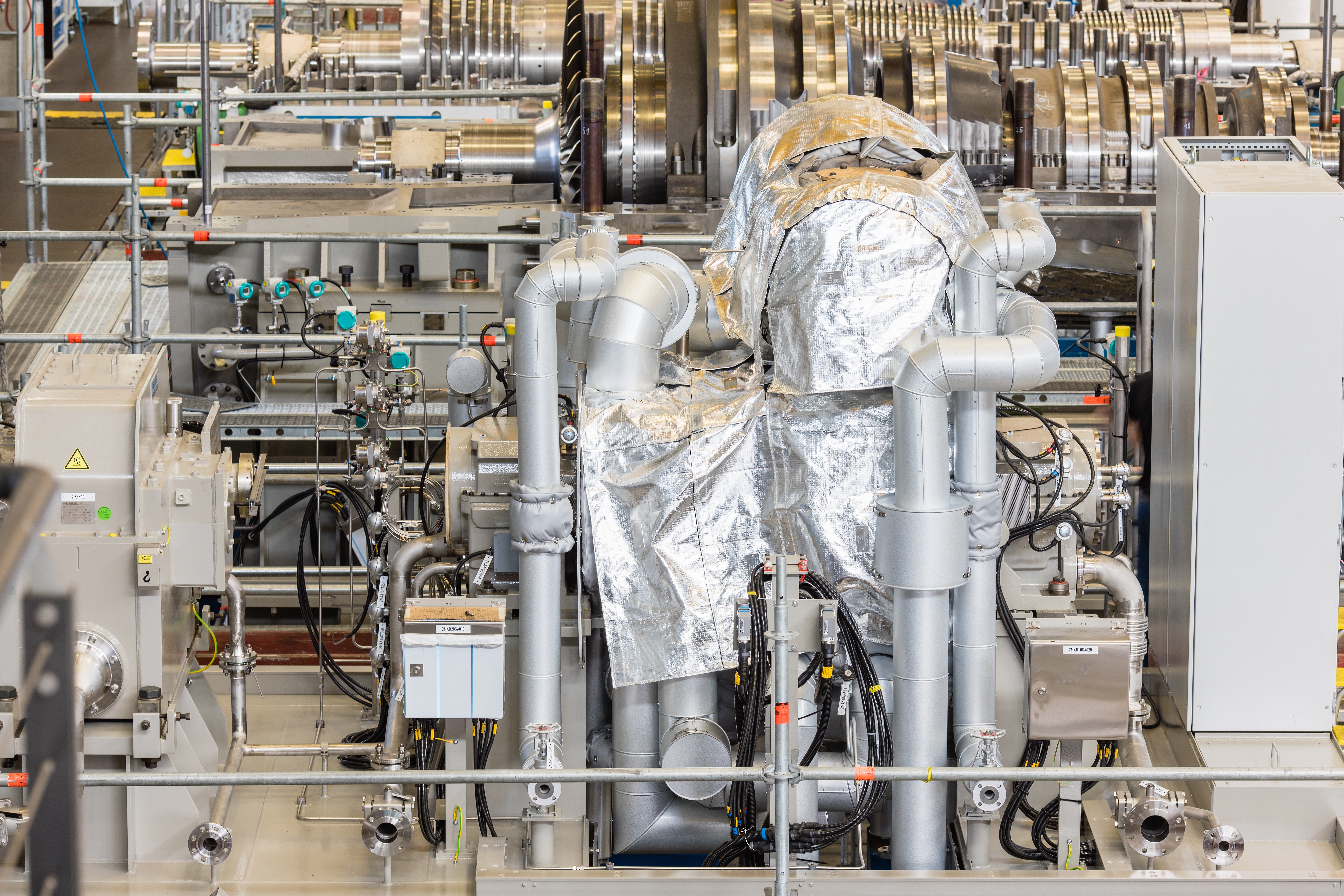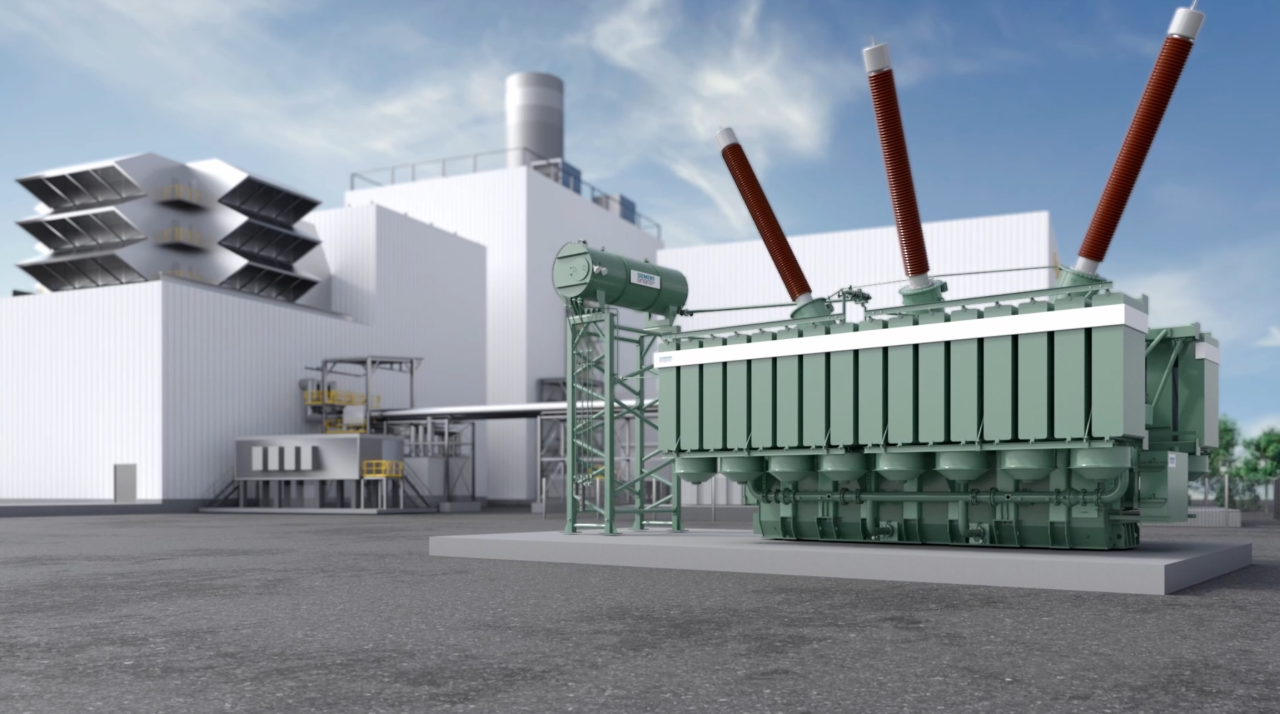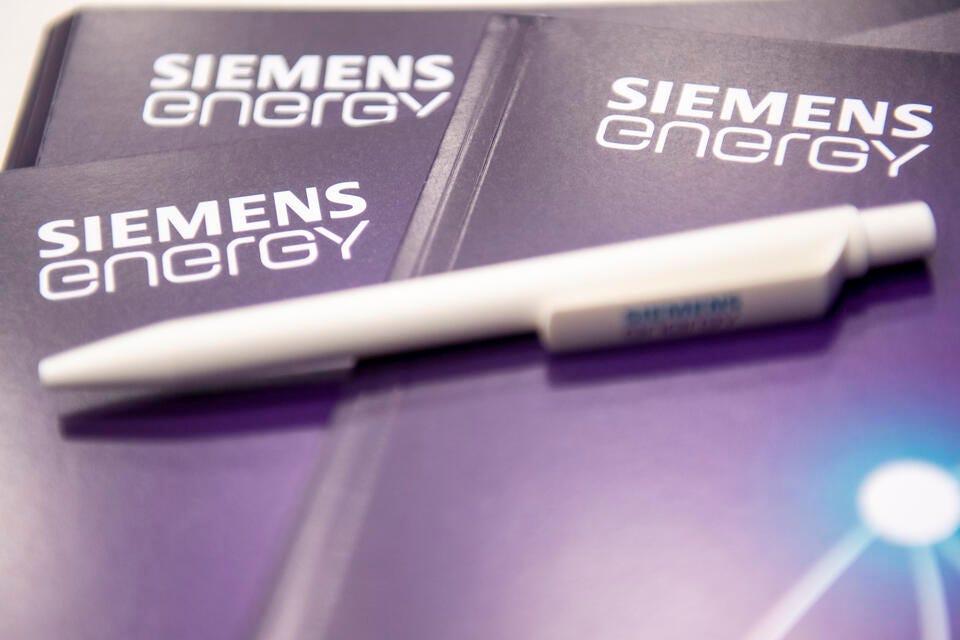Upcycle your biomass
Biomass waste is a valuable fuel which can be efficiently utilized.An age-old fuel put to new use
Providing a future-proof source of electricity and contributing to lower CO₂ emissions, power produced from biomass is increasingly economically viable. The interests of operators and investors, on the one hand, and those of utilities and grids, on the other, are becoming more closely aligned. This is because ensuring a stable power supply as well as the financial success of the power plant are common goals.
Centered on biomass – an integral part of the industry
Biomass is green power
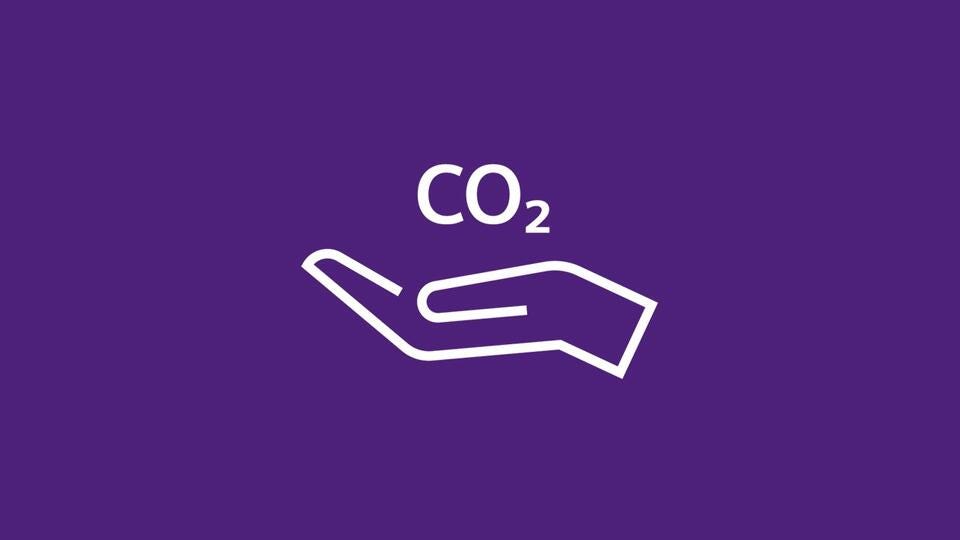
With more widespread environmental awareness and the resultant striving for “green” lifestyles, biomass energy for both industry and electricity providers is a reliable – and sustainable – source of baseload power.
It also helps in meeting environmental targets, absorbing more CO₂ than it emits, and efficient equipment used in power generation leads to fewer emissions at the plant site.
Biomass is a relatively cheap base load and, depending on the local regulations, surplus electricity produced from it can be fed back to the grid, making it even more economically viable.
Closed-cycle economies

Installing a biomass power plant to burn the on-site waste that occurs as a by-product of industrial processes closes the factory input cycle.
It also eliminates the need for waste disposal, lowers energy costs and maintains a high availability of the power supply.
Incinerating renewables is thus a further step toward sustainability and toward a closed-cycle economy. These by-products need no additional processing, further strengthening the financial feasibility of the biomass plant.
Favored by investors

The possibility of running a biomass plant on diverse feedstocks adds to the viability of such projects while ensuring the availability of the fuel supply.
Apart from achieving maximum output with a minimum of life-cycle costs, another decisive economic factor is the need for appropriate frameworks already in the country concerned, regulating such variables as electricity prices, the level of tipping tax, and funding.
We support your interests
More information on biomass: Technical white papers
.jpg)
Capturing the potential of Vietnam biomass energy growth with tailor made high-efficiency steam turbines
.jpg)
Industries producing a large amount of process (biomass) waste can convert it into carbon-neutral energy to power their facilities or sell into the grid for additional revenue.
.jpg)
Reheat solutions significantly increase the overall efficiency of a biomass plant and are therefore an optimal solution to produce more energy without having to use more fuel.
.jpg)
Co-generation with high-tech steam turbines and generators in sugar production.
A holistic approach
Partnering with an experienced equipment manufacturer is an important step toward commissioning a new biomass plant.
Siemens Energy scope of supply:
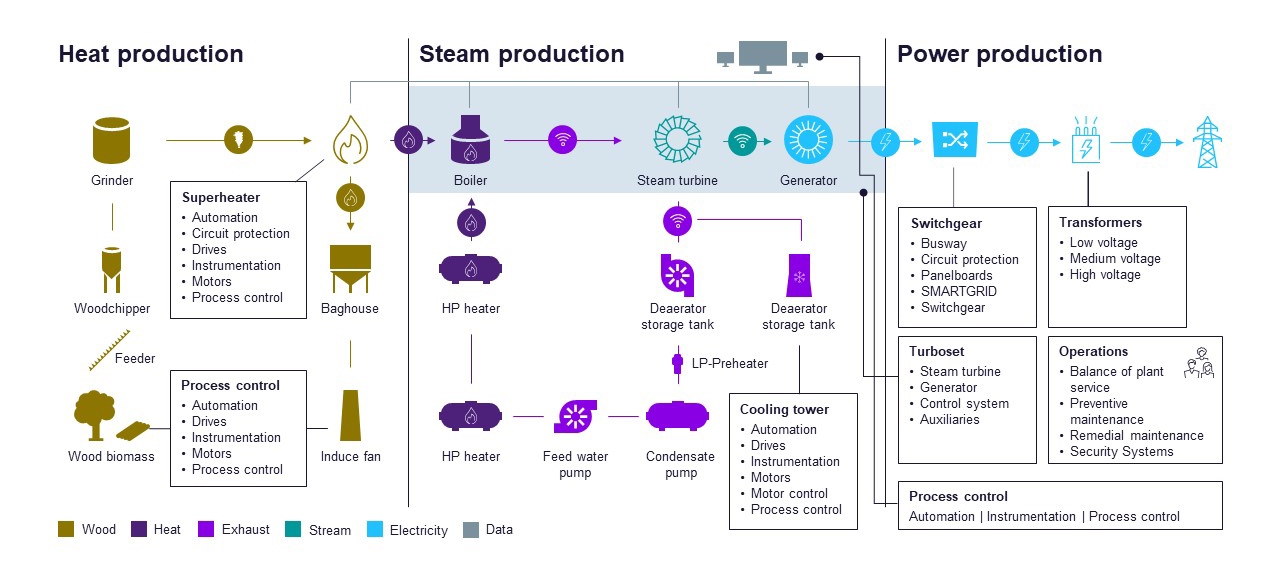
Our focus on both fuel costs and revenue
See our solutions for biomass in action
Subscribe to our newsletter
Biomass can be considered as a waste or an energy source. We think it has a lot of potential. Using this renewable energy source can result in efficient power and heat. In our quarterly newsletter "Upcycle your biomass" we share our experiences.
Contact us for more information about our biomass solutions
Siemens Energy Customer Support
+49 911 6505 6505
(Charges depending on provider)
+49 180 524 25 71
(Charges depending on provider; from the German fixed network € 0.14/min. and from the German mobile phone networks max. € 0.42/min.)


